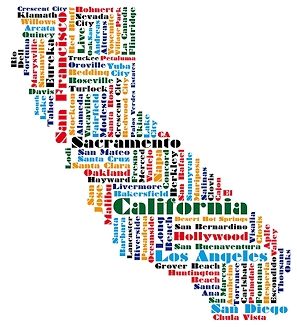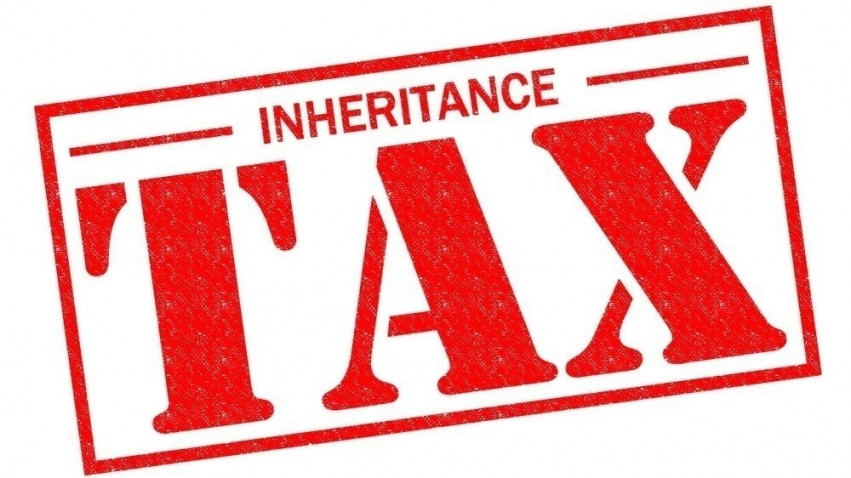Proposition 19 is Here. How Does it Affect You?
After years of variations and attempts to get some version of proposition 19 passed, Californians finally did it this past week, giving a makeover to California’s property tax assessment landscape in two major ways.
I am back this week to discuss one of the most significant propositions in the last 40 years to affect California homeowners.
The first aspect of this that people in our area especially have been looking forward to is that the proposition gives people over 55 years of age, severely disabled or who are the victims of a wildfire or natural disaster the ability to transfer the taxable value of their primary residence to a replacement primary residence ANYWHERE in the state of California.
Currently, if a homeowner sells a primary residence and purchases a replacement residence not within 10 cooperating counties under proposition 13, the tax assessment on the new residence is based on its price at the time of the new purchase.
With the new law, this is not altered for qualified home buyers, potentially allowing them to preserve the lower tax rate they currently have in place with the home they are selling.
Let me share an example … imagine Kyle and Samantha purchase their San Jose home in 1976 and paid $100,000 for it at the time. With property tax and assessment increases each year, Kyle & Samantha’s tax basis is now $190,000 and their annual property tax bill is $2,000. Their home has appreciated over time and is now worth over two million dollars.
If Kyle & Samantha decide to sell their home and purchase a replacement property before this change, they would lose their tax basis unless they purchased within those few specific counties previously mentioned.
Now what happens if they want to move to Southern California or even Sacramento and be close to their grandkids? If they purchase a home around the same value, their new property taxes would be over $20,000. A significant change in its annual budget.
Proposition 19 allows them to keep their current tax basis without being penalized with a property tax increase as long as they purchase a home below the sales price of their current home.
Also, If the market value of the new property that the owner purchases are GREATER than the market value of the old property, then the difference would be added to the taxable assessed value of the old property.

One of the aspects that I am most excited about is that this will also be available to homeowners who lost their home from a wildfire or natural disaster. We have seen too many people punished with higher taxes when they didn’t choose to move.
By the way, homeowners will be able to take advantage of this transfer three times after the age of 55 to account for changes in their lifestyle.

The second aspect of this proposition is how this version finally passed. This flip side affects properties in parent to child transfers. Currently, parents can leave up to a million dollars in investment properties at the tax basis they established without triggering a significant tax hike upon the parent’s death.
Under proposition 19, only a parent’s primary residence is qualified to keep the tax basis and ONLY if the child keeps the property as their primary residence. This means that the family lake house or rental property will trigger a new tax basis upon the death of the parents.
This exemption for older homeowners and others will cut into property tax revenue but that will be more than offset by gains from ending breaks on inherited property, yielding a net gain that the state estimates could reach hundreds of millions of dollars a year each for schools and local governments over time. Most of the new money would go to fire protection.

The Bottom Line
There are a couple of pertinent dates to this new tax change, February 16, 2021, will be when the parent-child exclusion ends and the home replacement aspect will apply to “transfers” starting April 1. However, it’s unclear whether eligible homeowners must buy and sell on or after April 1 at this point.
If you would like to know more about how this may effect your personal situation or just want some CLARITY on all of this, reach out to me to learn more.
As always, be sure to speak to your accountant or attorney as well.
Thanks for reading, again I am here to educate and navigate, not speculate and fabricate!
On the Walker Team, we have a wide range of experts who speak several languages to help you navigate the process with confidence!
Always remember, I am here to educate and navigate, not speculate, and fabricate.
.png)
.png)
.png)
.png)
.png?w=128&h=128)